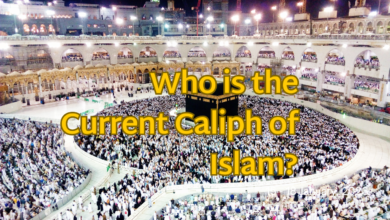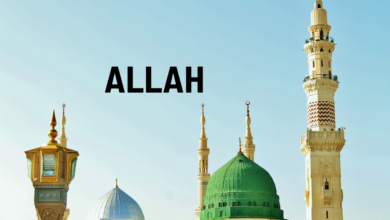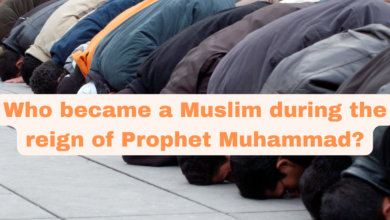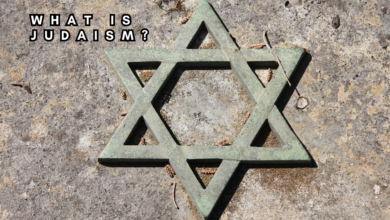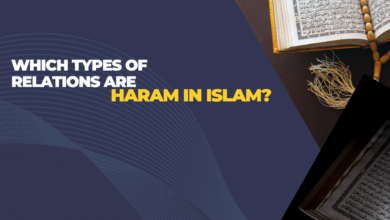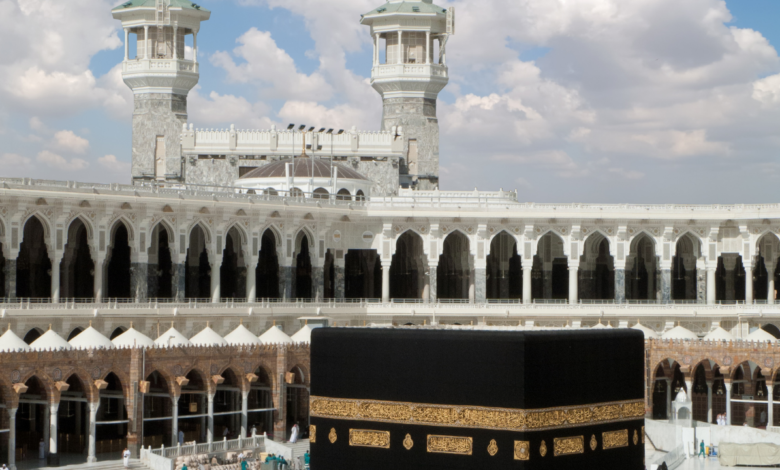
Why is Hajj Important?
Hajj is the annual pilgrimage to the holy city of Mecca that Muslims are required to undertake at least once in their lifetime if they are physically and financially able. It is important in Islam because it is one of the Five Pillars of the faith and a command from Allah.
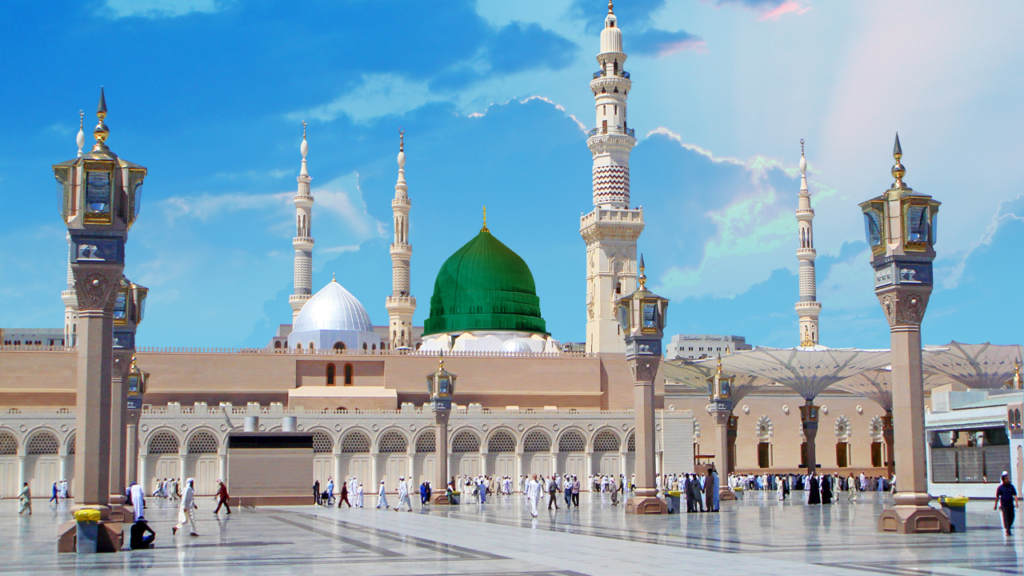
Introduction
Hajj, one of the Five Pillars of Islam, holds immense significance in the lives of Muslims worldwide. This annual pilgrimage to the holy city of Mecca in Saudi Arabia is more than just a religious duty; it is a profound spiritual journey that encompasses a rich tapestry of history, culture, and faith. In this article, we will explore why Hajj is important, not only to Muslims but to the world as a whole.
A Command from Allah
The foremost reason Hajj is important lies in its divine origin. It is a religious obligation placed upon every financially and physically able Muslim by Allah (God). In the Quran, it is stated in Surah Al-Imran (3:97): “And [due] to Allah from the people is a pilgrimage to the House – for whoever is able to find thereto a way. But whoever disbelieves – then indeed, Allah is free from need of the worlds.” This command from Allah demonstrates the submission and obedience expected from believers.
Also check.
- What is Interest in Islam?
- Who is the Holy Spirit in Islam?
- Who Wrote the Quran?
- What is Sunnah in Islam?
- What is Sunnah in Islam?
A Journey of Self-Purification
Hajj is a transformative experience that allows pilgrims to cleanse their souls, seek forgiveness for their sins, and start anew. The rituals of Hajj, such as wearing simple white garments (Ihram) and performing Tawaf (circumambulation of the Kaaba), symbolize equality, humility, and detachment from materialistic pursuits. By temporarily shedding their worldly possessions and focusing solely on their relationship with Allah, pilgrims experience a profound spiritual rejuvenation.
Commemoration of Prophetic History
Hajj also serves as a tribute to the historical events associated with Prophet Ibrahim (Abraham) and his family. The Kaaba, the central structure of the Masjid al-Haram, is believed to have been built by Ibrahim and his son Isma’il (Ishmael) as a house of worship for Allah. The symbolic act of stoning the pillars during Hajj represents the trials and tribulations faced by Ibrahim and his family. This commemoration not only reinforces the bonds of faith but also connects Muslims to their prophetic heritage.
A Display of Unity
Hajj is a profound display of unity among Muslims from diverse backgrounds and cultures. People of different races, nationalities, and social statuses gather in Mecca, dressed in identical white garments, demonstrating that in the eyes of Allah, all believers are equal. This unity is a powerful reminder of the global brotherhood and sisterhood that Islam fosters, transcending boundaries and prejudices.
Spiritual Renewal and Reflection
Hajj is not just a physical journey; it is a journey within oneself. The rituals and hardships faced during Hajj encourage pilgrims to reflect on their lives, their purpose, and their relationship with Allah. The time spent in prayer, contemplation, and supplication can lead to profound spiritual insights and a deeper connection with one’s faith.
A Source of Blessings and Mercy
Muslims believe that the rewards of Hajj are abundant. It is said that Allah forgives the sins of those who perform Hajj with sincerity and devotion. The Prophet Muhammad (peace be upon him) emphasized the importance of Hajj, stating, “Whoever performs Hajj and does not commit any obscenity or transgression shall return as pure from sins as on the day his mother gave birth to him.”
Conclusion
In conclusion, Hajj is a deeply significant and important religious journey for Muslims. It is a command from Allah, a source of spiritual purification, a commemoration of prophetic history, a display of unity, an opportunity for reflection, and a source of blessings and mercy. Beyond its religious significance, Hajj also fosters an understanding of the diversity within the Muslim community and encourages a sense of global brotherhood and sisterhood. Through Hajj, Muslims seek not only the forgiveness of their sins but also a renewed sense of purpose and faith in their lives. It is a testament to the enduring importance of faith and devotion in our world today.
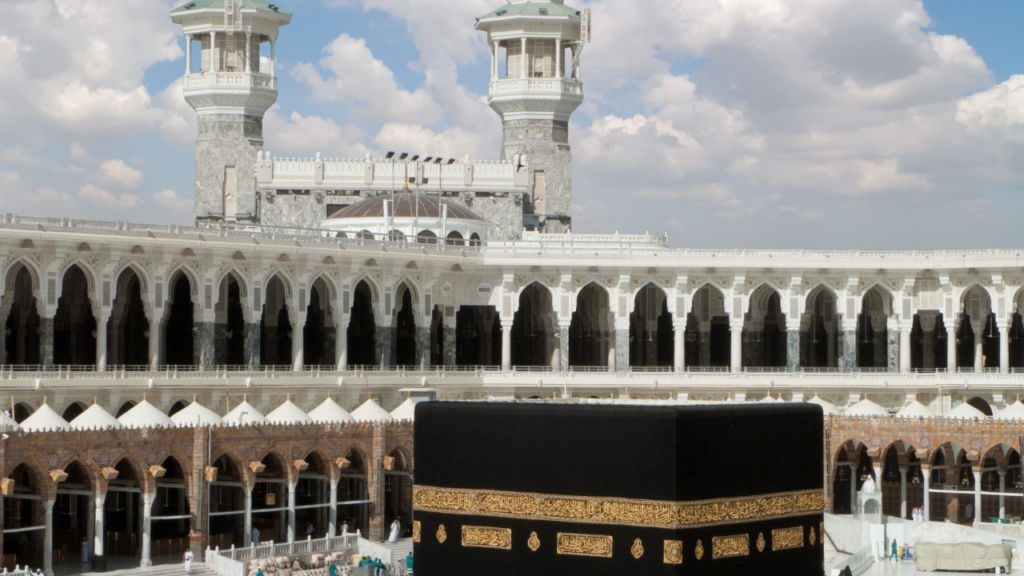
FAQs
What is Hajj, and why is it considered important in Islam?
Hajj is the annual pilgrimage to the holy city of Mecca that Muslims are required to undertake at least once in their lifetime if they are physically and financially able. It is important in Islam because it is one of the Five Pillars of the faith and a command from Allah.
What is the significance of the Kaaba in Hajj?
The Kaaba is the most sacred site in Islam and serves as the focal point of Hajj. Pilgrims circumambulate the Kaaba as a symbolic act of obedience and unity.
How does Hajj promote unity among Muslims?
Hajj brings Muslims from all corners of the world together in a common journey of faith. It emphasizes the equality of all believers, regardless of their nationality or social status, fostering a sense of global unity among Muslims.
What is the historical significance of Hajj?
Hajj commemorates the acts of Prophet Ibrahim (Abraham) and his family, particularly the construction of the Kaaba. The rituals performed during Hajj are a reenactment of events in Islamic history.
How does Hajj contribute to spiritual growth and self-purification?
Hajj requires pilgrims to temporarily detach from material possessions, wear simple clothing, and focus solely on their relationship with Allah. This spiritual journey encourages self-reflection and purification of the soul.
What are the key rituals and practices of Hajj that make it important?
Hajj involves various rituals, including wearing the Ihram, Tawaf (circumambulation), standing at Arafat, and symbolic acts like stoning the pillars. These rituals symbolize submission to Allah and are integral to the significance of Hajj.
What are the rewards and blessings associated with performing Hajj?
Muslims believe that performing Hajj with sincerity and devotion leads to the forgiveness of sins. It is considered a source of great blessings and spiritual growth, as emphasized by the Prophet Muhammad (peace be upon him).
Is Hajj only a religious obligation, or does it have wider implications?
While Hajj is primarily a religious duty, it also has broader implications. It promotes tolerance, unity, and understanding among Muslims and serves as a reminder of the global Muslim community’s strength and diversity.
Can Muslims perform Hajj more than once?
While it is obligatory for Muslims to perform Hajj once in their lifetime, those who have the means and desire can undertake the journey multiple times. Each Hajj is seen as an opportunity for increased spiritual growth and blessings.
What role does Hajj play in the life of a Muslim and in the global Muslim community?
Hajj is a deeply personal and spiritual journey for each Muslim, but it also reinforces the sense of belonging to a global community of believers. It is a testament to the enduring importance of faith and devotion in the lives of Muslims worldwide.
